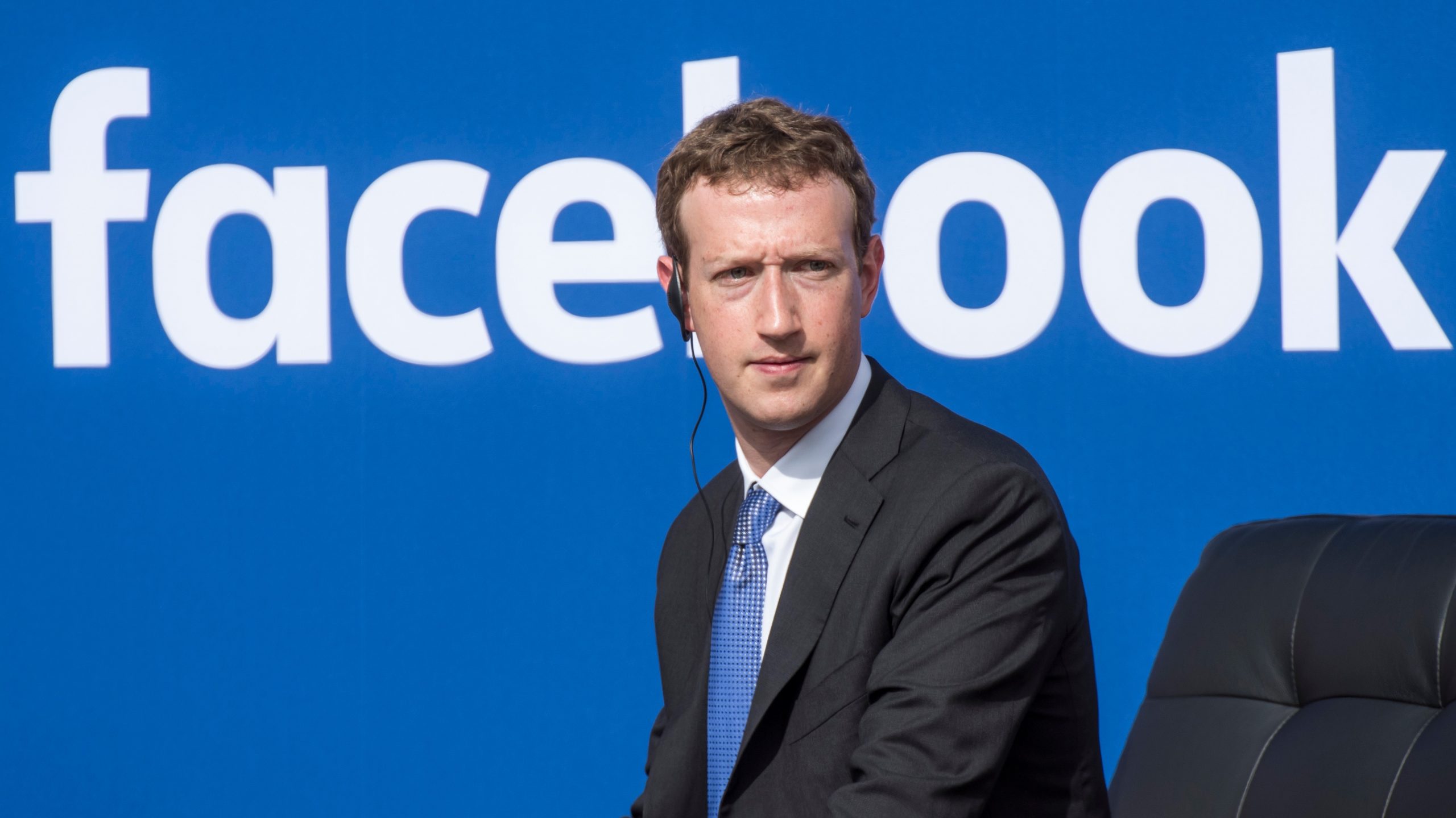The Head of Product for Google Allo and Google Duo, Amit Fulay, has announced leaving the Internet search giant to join number one social media platform, Facebook.
Fulay took to microblogging platform, Twitter yesterday to post about his resignation from the Mountain View company, hinting at Facebook, he will be joining a product development team.
Today is my first day at Facebook – accepted their friend request 🙂
Excited about the opportunity to serve so many users.— Amit Fulay (@amitfulay) January 8, 2018
The last 7.5 years have been nothing short of amazing at Google. It was a privilege to help build Allo, Duo & Hangouts. Thanks to my amazing teammates who made the journey something I will cherish forever.
— Amit Fulay (@amitfulay) January 8, 2018
In his 7.5 years at Google, Fulay was instrumental in the development of instant messaging mobile applications like Allo, Duo, and hangouts.
At Google, Fulay has been working as a Product Manager since 2010. He was recently made the Head of Product for Real-Time Communications, which included Duo, Allo, WebRTC, and other products from the company.
Fulay is also active on Twitter, where he announced new features and asked for feedback regarding the Google Allo and Duo apps.
Meanwhile, Facebook has not revealed what Fulay is specifically in charge of, in the company. His LinkedIn account has not been updated yet.
It is expected that Fulay will be a part of Facebook’s efforts on its messaging platform. He also tweeted.
Google has not revealed who will be replacing Fulay in the company.


